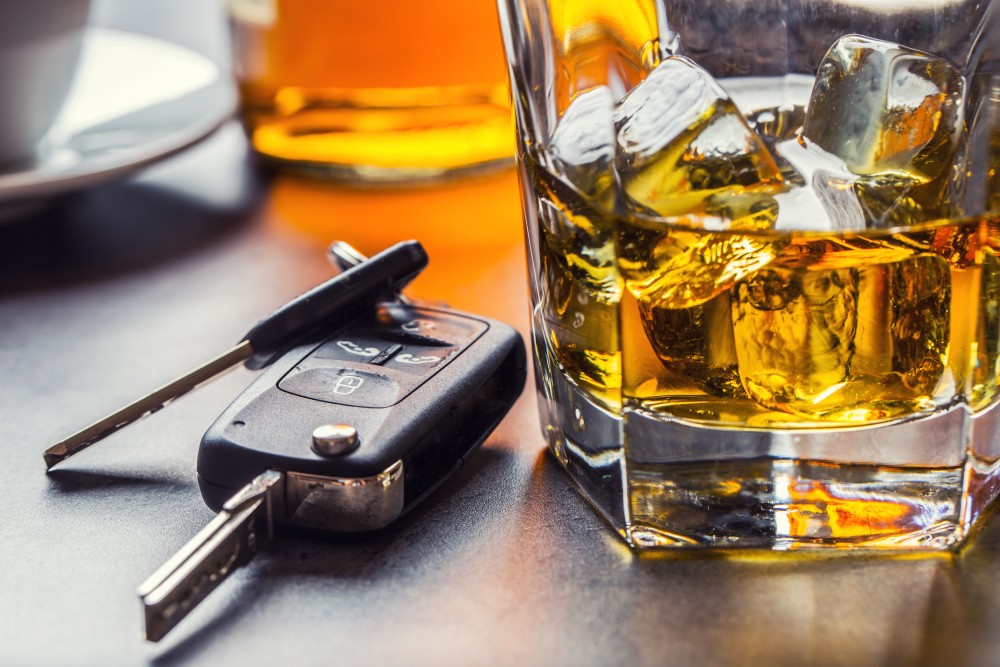Driving under the influence (DUI) remains a significant public safety concern in Kansas, leading law enforcement agencies to conduct sobriety checkpoints to identify impaired drivers and deter dangerous behavior. However, DUI checkpoints must follow specific legal guidelines, and drivers have rights when encountering them. This guide outlines Kansas DUI checkpoint laws, operational procedures, and what drivers need to know.
1. Are DUI Checkpoints Legal in Kansas?
Yes, DUI checkpoints are legal in Kansas. The U.S. Supreme Court upheld the constitutionality of DUI checkpoints in Michigan Dept. of State Police v. Sitz (1990), ruling that they do not violate Fourth Amendment protections against unreasonable searches and seizures. Kansas courts have also upheld the legality of sobriety checkpoints as long as law enforcement follows established procedures to ensure fairness and prevent arbitrary enforcement.
2. Legal Guidelines for DUI Checkpoints in Kansas
To ensure fairness and constitutionality, Kansas DUI checkpoints must follow specific legal guidelines:
- Planned by Supervisors: DUI checkpoints must be authorized and planned by supervisory officers, not randomly set up by field officers.
- Neutral Vehicle Selection: Officers must follow a predetermined, neutral pattern (e.g., stopping every third vehicle) to prevent discriminatory stops.
- Proper Safety Measures: Checkpoints must have proper signage, adequate lighting, and clearly marked law enforcement presence to ensure driver and officer safety.
- Reasonable Location and Duration: DUI checkpoints must be placed in areas with high DUI-related incidents and should not cause excessive delays for drivers.
- Public Notification: Although not required by law, many law enforcement agencies announce DUI checkpoints in advance to serve as a deterrent.
If a DUI checkpoint fails to meet these guidelines, any arrests made could be challenged in court as unconstitutional.
3. Drivers’ Rights at DUI Checkpoints in Kansas
Kansas law protects drivers’ rights, even at sobriety checkpoints. Here’s what you need to know:
✅ Right to Avoid a Checkpoint
- Drivers can legally avoid a checkpoint by turning around or taking an alternate route, as long as they do not break any traffic laws (e.g., making an illegal U-turn).
✅ Right to Remain Silent
- You must provide your driver’s license, vehicle registration, and proof of insurance upon request.
- You are not required to answer questions about where you’ve been, whether you’ve been drinking, or any other personal inquiries.
✅ Right to Refuse Field Sobriety Tests (FSTs)
- Field sobriety tests (FSTs) are voluntary in Kansas. You can legally refuse tests like the walk-and-turn or one-leg stand without facing additional penalties.
❌ No Right to Refuse a Breath or Blood Test After Arrest
- Kansas has an Implied Consent Law, meaning that if you are arrested for DUI, you must submit to a breath, blood, or urine test.
- Refusing a post-arrest chemical test results in an automatic license suspension and additional penalties.
4. What Happens If You’re Arrested at a DUI Checkpoint?
If you are arrested at a DUI checkpoint, you still have legal options:
- Challenge the Legality of the Checkpoint: If the checkpoint failed to follow Kansas legal guidelines, your attorney may argue that your DUI stop was unconstitutional.
- Dispute DUI Evidence: Faulty breathalyzer results, improper testing procedures, or lack of probable cause can be challenged in court.
- Hire a DUI Attorney: A DUI lawyer can review your case and determine the best defense strategy based on checkpoint compliance and evidence collection.
5. Common Defenses Against DUI Checkpoint Arrests
- Improperly Conducted Checkpoint: If officers failed to follow the required legal guidelines, evidence from the checkpoint could be thrown out.
- Unlawful Detainment: If you were detained for too long without probable cause, this could be a violation of your Fourth Amendment rights.
- Inaccurate BAC Results: Breathalyzer or chemical test errors could provide grounds for dismissal.
Conclusion
DUI checkpoints play an essential role in road safety, but they must follow strict legal requirements in Kansas. Drivers have rights, including the ability to avoid checkpoints, remain silent, and refuse field sobriety tests. However, refusing a post-arrest chemical test can lead to additional penalties. Understanding DUI checkpoint laws and knowing your rights can help ensure fair treatment under Kansas law.
For assistance with DUI-related compliance or ignition interlock requirements, contact Clear2Drive at 855-261-3944.


